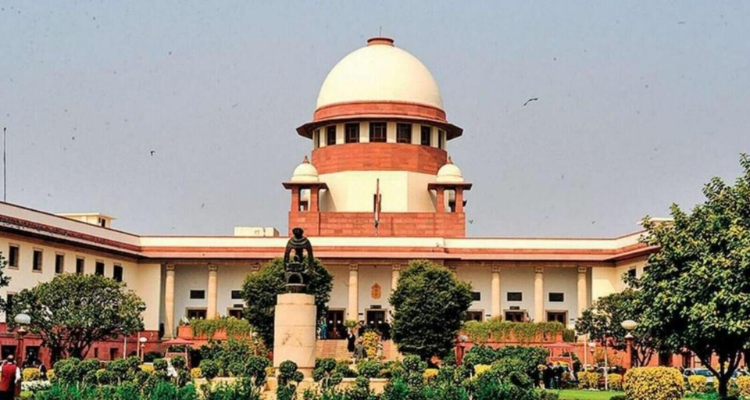
The question of whether private property is one of the “material resources of the community” to which the state is obligated by Article 39(b) of the Constitution is before the honourable Supreme Court Of India. A bench of nine judges, including Chief Justice D.Y. Chandrachud of India, Justices Hrishikesh Roy, Abhay S. Oka, B.V. Nagarathna, J.B. Pardiwala, Manoj Misra, Ujjal Bhuyan, Satish Chandra Sharma, and Augustine George Masih, are deliberating on this case. The bench is examining 16 petitions, including the lead petition brought by the Mumbai-based Property Owners’ Association (POA) in 1992.
The Genesis of this Case
The bench was hearing a petition that challenged a law introduced in Mahashrastra in the year 1986. The Maharashtra Housing and Area Development (MHAD) Act’s Chapter VIII A relies upon Article 39(b) of the Indian Constitution and allows the state to take control over dilapidated buildings in Maharashtra.
Article 39(b) of the Indian Constitution outlines a principle of state policy regarding the ownership and control of material resources. According to this, the state’s policies should be focused on ensuring that the community’s material resources are owned and controlled in a way that best serves the interests of all. Essentially, it stresses the fair distribution of resources that promote societal well-being and people’s welfare.
The POA and others have challenged Chapter VIII-A of the Act, saying that its provisions discriminate against the owners and aim to dispossess them. The lead plea was submitted by the POA in 1992, and it was referred multiple times to larger benches of five and seven judges before being assigned to a nine-judge bench on February 20, 2002.
Remarks of the Chief Justice of India
Chief Justice of India Dhananjaya Y. Chandrachud emphasized that our decisions today reflect India’s identity and ambitions. While upholding Article 39(b)’s constitutional and social importance, he cautioned against overly broad interpretations that could undermine private rights protection in society.
The nine-judge bench of the Supreme Court has reserved its judgment.




